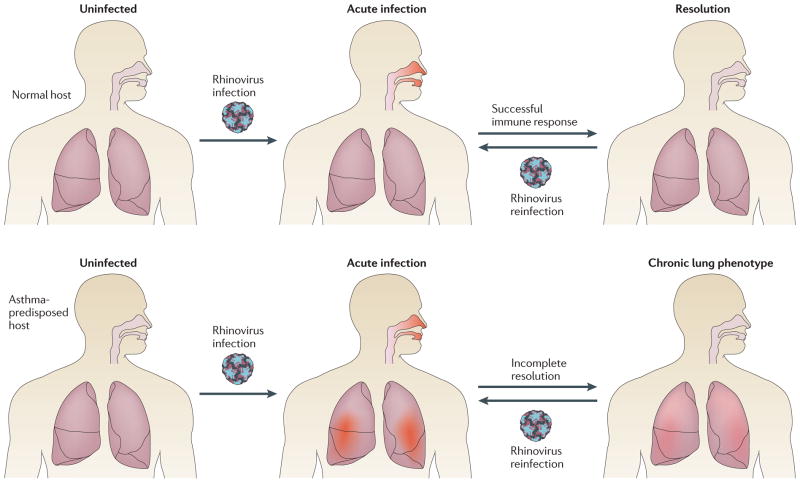Figure 3. Possible role of rhinovirus in asthma pathogenesis.
PCR-based studies have revealed a high incidence and prevalence of rhinovirus respiratory infections. At the same time, rhinovirus has been identified as a major precipitant of asthma exacerbations, and growing evidence indicates that asthmatic subjects develop more severe symptoms upon rhinovirus infection than healthy controls. This diagram illustrates how genetic polymorphisms affecting the host rhinovirus response could contribute to asthma pathogenesis. In this simplified scenario, all hosts experience frequent, repeated rhinovirus infections throughout their lifetimes (at least once every few months as children.) These infections may be asymptomatic, result in mild symptoms of the common cold, or result in upper and lower airway inflammation with wheezing and respiratory distress. In normal hosts, rhinovirus infections affect only the upper airway, and are mild or asymptomatic. Each infection fully resolves and leaves airways intact. In asthma-predisposed hosts, genetic polymorphisms in the antiviral immune response result in more prolonged and severe rhinovirus infections, with both upper and lower airway inflammation. In addition to acute episodes, repeated more severe infections lead to chronic inflammation and airway remodeling over time. This example illustrates how a common and frequent viral infection, in the setting of a detrimental host response, could contribute to the pathogenesis of asthma.

